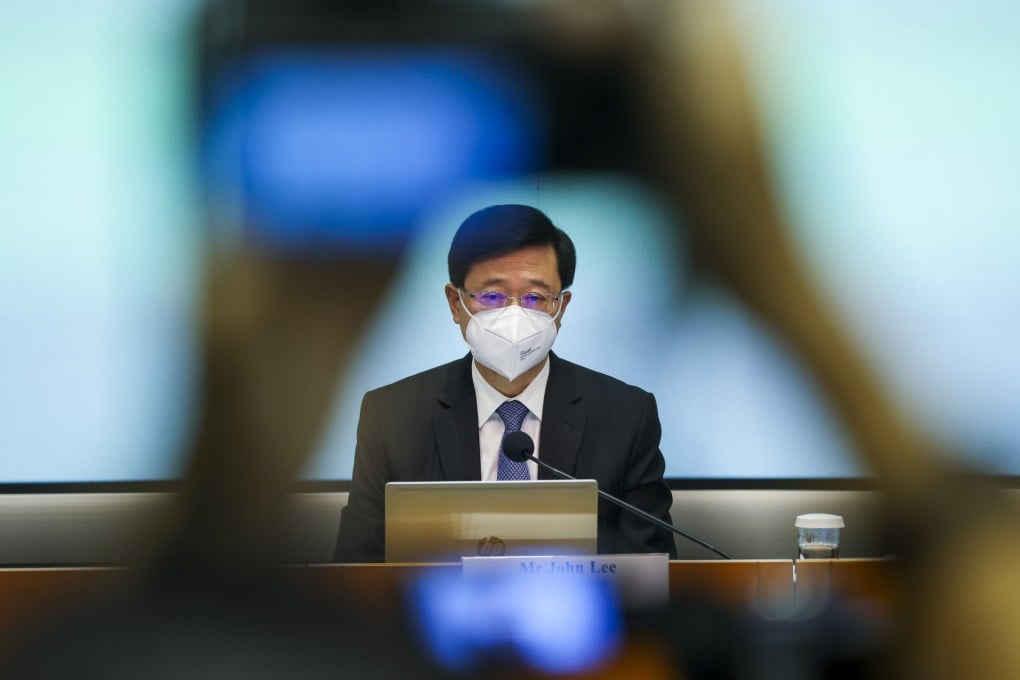Advertisement
Opinion | Poor communication over Taiwan, press freedom and 2019 protests costing Hong Kong government public trust
- The content and tone of communications from Hong Kong officials have become vaguer yet more strident in recent years
- The use of poorly defined terms and slogan-like phrases is muddling the government’s messaging and eroding its standing with the public
Reading Time:3 minutes
Why you can trust SCMP
22

In the wake of US Speaker Nancy Pelosi’s visit to Taiwan, the Hong Kong government issued separate press releases from the chief executive, chief secretary, secretary for justice and financial secretary. The Security Bureau threw in another for good measure.
All these unsurprisingly expressed outrage at the visit. That the Hong Kong government waded into the fracas at all was notable – Hong Kong officials have no responsibility for foreign affairs under the Basic Law. In this case though, as a sovereignty issue, they clearly felt the need to comment, en masse.
Such a shrill, rhetorical piling-on by senior Hong Kong representatives is unremarkable these days. It was not always so. There has been a marked shift in the content and tone of communications emanating from the Hong Kong government.
Advertisement
Signs of this shift are not hard to detect. Vague, poorly defined terms and slogan-like phrases are replacing what used to be more concrete and specific communications.
The true meaning and objectives of some government communications, and even the intended audience, are becoming harder to divine. Combative overtones can be detected in communications that seek to deny and deflect rather than deal directly with the issues at hand.
This shift appears to be continuing even though the administration of Chief Executive John Lee Ka-chiu seems interested in rebuilding public trust. Clearer, more transparent messaging from the government would go a long way towards that goal. The current slide towards propaganda seems more likely to corrode it.
Advertisement
Select Voice
Select Speed
1.00x

